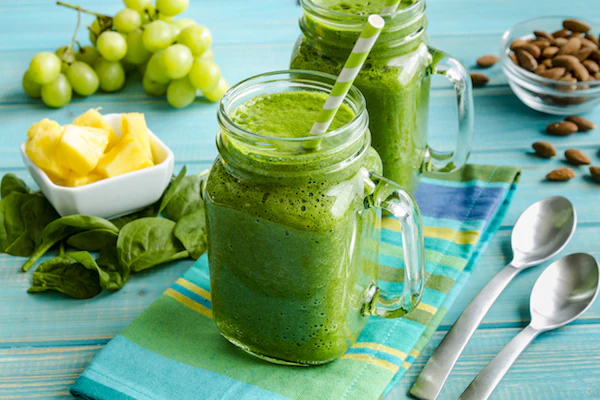What is a protein powder?
Protein supplements, such as protein bars, powders, and ready-to-drink shakes, are dietary aids often derived from sources like whey, plants, or meat. These supplements are concentrated forms of protein-rich foods, designed to increase protein intake while minimizing fats and carbs. They’re popular among athletes and individuals aiming to boost their protein consumption. Have a look at this fitness refined
There are three primary types of protein supplements:
- Concentrates: These contain condensed protein from the source food, along with some fats and carbs.
- Isolates: These are more refined, primarily consisting of pure protein.
- Hydrolysates: These are partially digested proteins, making them easier to absorb.
Some protein supplements also include digestive enzymes to enhance absorption.
How do they work?
Protein shakes offer a convenient way to boost protein intake, aiding in muscle building, recovery, and preservation. After exercise, they provide essential amino acids that fuel muscle repair and growth. Additionally, protein shakes can help prevent muscle loss during weight loss or aging. By incorporating protein shakes into your routine, you can optimize your fitness goals and overall health.

When to consume protein shakes?
To get the most out of protein shakes, try timing your intake according to your specific goals. For muscle repair and recovery, having 20-40 grams of quality protein within two hours after a workout can effectively boost muscle protein synthesis, enhancing both recovery and performance. If weight loss is your focus, including 25-30 grams of quality protein in each meal—breakfast, lunch, and dinner—may support energy metabolism, help manage appetite, and assist with weight control.
Finding the best protein shake
Protein powders and shakes primarily use animal or plant-based protein sources. Whey protein, derived from cow’s milk, is a popular choice. Whey protein comes in various forms, each with different fat and protein content. For fat loss, opt for a whey-based shake high in protein, low in carbs, and minimal fat.
Plant-based protein sources like pea, soy, hemp, and rice are often higher in fiber and lower in fat compared to animal-based proteins, making them suitable for muscle building or increasing protein intake. Protein shakes and supplements are regulated by the FSSAI, so always check the label before consumption.
When to consume protein shakes?
- Adolescent Growth: During growth spurts, teenagers may benefit from additional protein to support muscle development.
- Starting a New Workout Routine: When beginning a new workout regimen, especially one involving intense strength training, increased protein intake can aid muscle growth and recovery.
- Post-Injury Recovery: Protein can accelerate healing and tissue repair after injuries.
- Plant-Based Diets: For vegetarians and vegans, protein shakes can supplement plant-based protein sources to meet daily protein needs.
Remember, while protein shakes can be a convenient way to boost protein intake, they should not replace a balanced diet.
Experts recommend consuming 1.2 to 1.7 grams of protein per kilogram of body weight daily for muscle growth. However, exceeding 2.2 grams per kilogram can hinder results by inhibiting proteolysis, which is crucial for muscle repair.




